40 misleading information on food labels
Watch out for misleading food packaging claims - News Food package claims like "a good source of fiber," "low-sodium," or "no high-fructose corn syrup" don't necessarily mean that the food inside the package is healthy, according to nutrition expert Walter Willett. That's because such claims are often carefully chosen to emphasize healthy sounding information about a food—while ... 8 misleading food marketing labels | AGDAILY It turns out that many, if not most of them, really aren't. Here are 8 of the most common misleading food marketing claims: 1. No nitrites or nitrates added. Although this particular labeling regulation may be changing soon, you may have noticed the "No Nitrites or Nitrates Added" label on processed meat products, such as deli meats and ...
Health claims on food labels - Food labels - Canadian Food ... The term "prebiotic(s)" and similar representations (for example, "stimulates the growth of friendly intestinal microflora", "promotes healthy/beneficial bacteria in the large intestine") on food labels and in advertising that suggest a food confers a health benefit are considered to be implied health claims.

Misleading information on food labels
Federal Register :: National Bioengineered Food Disclosure ... Dec 21, 2018 · If a regulated entity decides to utilize electronic or scannable technology to convey bioengineered food information, they must also provide options for the consumer to access the disclosure by calling a phone number. There must be clear instructions for the shopper to “Call [1-000-000-0000] for more food information.” The 13 Most Misleading Food Label Claims - Naked Food Magazine 7. "Kosher" does not mean non-GMO. Genetically engineered ingredients are openly allowed in Kosher-certified foods. The Kosher certification does not involve testing for GMOs, and Kosher certifications are routinely found on foods containing GMOs. 8. "All Natural" doesn't mean anything at all. Are the new FDA "healthy" food labels misleading? New FDA labeling on "healthy" food is misleading according to University of Minnesota nutritionist. "It doesn't help the average consumer," says U of M Professor Joanne Slavin. The FDA is proposing a new labeling system that intends to inform buyers of what is "healthy". But a nutrition specialist with the University of Minnesota says it is ...
Misleading information on food labels. Misleading Food Labels - Straight Health Misleading statements on food labels can lead to that. Whole Grains. Incorporating whole foods into your diet will give you energy throughout the day, prevent cancer and lower your cholesterol. Some labels may say multi-grains, whole grain and even whole wheat but not mean 100% whole wheat. None of these are lies since even refined flour (that ... Explaining the Labels: Misleading Labels - Center for Food Safety Look for the words "whole grain" or "100% whole wheat" on the packages of your bread and crackers and check the ingredient list to make sure whole wheat is the first, and main, ingredient. [7] Natural. When at the grocery store, don't be swayed by products with a "natural" claim--it is not verified and each company can use its own ... Understanding Food Labels - The Nutrition Source Understanding Food Labels. The information on food labels is intended to help consumers become savvy about their food choices. The front, back, and sides of a package are filled with information to inform us what the food contains and to provide guidance in making healthier selections of processed foods. However, all the numbers, percentages ... 13 Misleading Food Label Claims and How Not to Be Tricked - Sentient Media 1. Label Says "Sugar-Free". The Food and Drug Administration (FDA) provides guidelines for a variety of common food labels, including sugar-free. While the term suggests that products labeled this way would be completely free of sugar, they can actually contain up to 0.5 grams of sugar in a single serving size.
10 Bogus & Misleading Claims On Food Labels - Food and Cooking Guide This, of course, led to a wave of food items that touted "zero trans fat." Zero means nothing, nada, zilch, right? Not necessarily in the case of trans fats and food.. It turns out the FDA allows foods with up to 0.5 grams of trans fat to be marketed with the label "zero grams trans fat.". If this doesn't sound like a big deal, it just might when you consider that consuming 2, 3, or ... Organic Consumers Association | Campaigning for health ... Oct 17, 2022 · The Organic Consumers Association, in conjunction with our sister organization, Regeneration International, and other partners, held the People's Food Summit on Sunday, October 16, 2022. This was the second time this world event was held - a major 24-hour event on World Food day on Oct 16, featuring speakers from every region of our planet. Are Food Labels Misleading? - Irene's Myomassology Institute Logos or phrases are often placed prominently on the package to advertise an aspect of a food's nutritional value. Examples include "organic", "all-natural", "free-range", "made with whole grains", or "helps support a healthy heart". Some of these phrases can be misleading health gimmicks with no legal definition and are ... 5 Misleading Food Labels - Gaples Institute But gauging the health quality of foods can be a daunting challenge—made all the more difficult by misleading nutrition labels. Here are 5 common food-labeling tricks to watch out for, along with some proven strategies to avoid falling victim to marketing gambits: 1. Label says "Made with Whole Grains" Implies: 100% of grains used are whole.
Misleading Nutrition and Food Labels - Health Terms like "fat free" or "all natural" are often slapped on a food item that may not be healthy at all. Check out our list of the 16 most common and most misleading phrases manufacturers use on food. Whole grains or no grains? Food labels can be misleading Food labels contain useful information about the nutritional value of the product, but a recent study found that consumers are more likely to be swayed by potentially misleading language on the front of a package than they are to pay attention to the information contained in the Nutrition Facts panel. ... Labeling Requirements - Misbranding | FDA - U.S. Food and Drug ... Misbranding. Section 502 of the Federal Food, Drug and Cosmetic Act (FFDCA) contains provisions on misbranding including some that relate to false or misleading labeling. A device's labeling ... Food Allergies | Causes, Symptoms & Treatment | ACAAI Public ... If you suspect a food allergy, see an allergist, who will take your family and medical history, decide which tests to perform (if any) and use this information to determine if a food allergy exists. To make a diagnosis, allergists ask detailed questions about your medical history and your symptoms. Be prepared to answer questions about:
5 Misleading Food Label Claims - Consumer Reports This guide will help you navigate five common health-claim minefields in the grocery aisle. 1. Multigrain. These foods have more than one type of grain, but those grains could be refined, meaning ...
Misleading Food Labels Misleading food labels could put you at risk. Food producers often use labels as a marketing tool & you might not be getting what you think
Why Misleading Food Labels Are Everywhere - Chris Kresser Not all food that comes in a box, a can, or a bag is junk—but so much of it is. That's why learning to read nutrition labels and recognizing misleading labels are critical skills. The convenience of packaged foods can be tempting. Preparing a home-cooked meal from fresh ingredients isn't always possible.
Cosmetics Labeling Regulations | FDA - U.S. Food and Drug ... Mar 02, 2022 · Failure to reveal material facts is one form of misleading labeling and therefore makes a product misbranded [21 CFR 1.21]. An example is directions for safe use, if a product could be unsafe if ...
Lawsuits Abound Over Misleading Food Labels Food companies have been in hot water recently over their product labels either misleading consumers or not providing enough product information. Frito-Lay After West Coast lawyers recently sued Ruffles over its cheddar and sour cream-flavored chips, a New York firm has filed a suit over its baked version with an identical theory, reported ...
Food Allergies | FDA - U.S. Food and Drug Administration Jun 23, 2022 · People with food allergies should read labels and avoid the foods they are allergic to. The law requires that food labels identify the food source of all major food allergens used to make the food.
How to Read Food Labels Without Being Tricked - Healthline Reading labels can be tricky. Consumers are more health-conscious than ever, so some food manufacturers use misleading tricks to convince people to buy highly processed and unhealthy products.
17 Misleading Food Labels Designed To Influence What You Buy - heydayDo 3. Labeling things with artificial ingredients as "natural". This happens a lot as you might imagine. Again, food makers trying to make junk seem like it's actually healthy for you, this time by tying your image of nature to something they created in a factory lab. 4. Using healthy-sounding food labels.
Are the new FDA "healthy" food labels misleading? New FDA labeling on "healthy" food is misleading according to University of Minnesota nutritionist. "It doesn't help the average consumer," says U of M Professor Joanne Slavin. The FDA is proposing a new labeling system that intends to inform buyers of what is "healthy". But a nutrition specialist with the University of Minnesota says it is ...
The 13 Most Misleading Food Label Claims - Naked Food Magazine 7. "Kosher" does not mean non-GMO. Genetically engineered ingredients are openly allowed in Kosher-certified foods. The Kosher certification does not involve testing for GMOs, and Kosher certifications are routinely found on foods containing GMOs. 8. "All Natural" doesn't mean anything at all.
Federal Register :: National Bioengineered Food Disclosure ... Dec 21, 2018 · If a regulated entity decides to utilize electronic or scannable technology to convey bioengineered food information, they must also provide options for the consumer to access the disclosure by calling a phone number. There must be clear instructions for the shopper to “Call [1-000-000-0000] for more food information.”
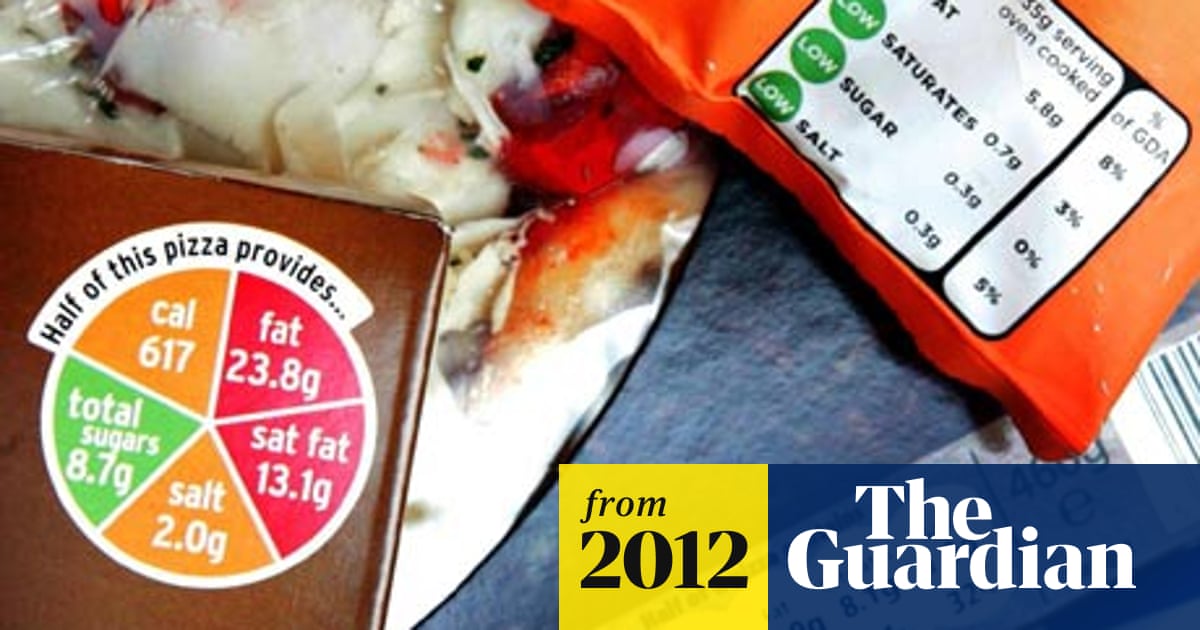

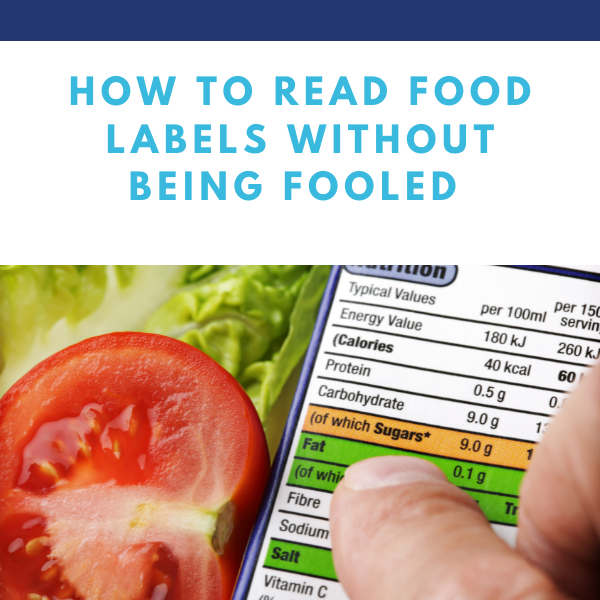



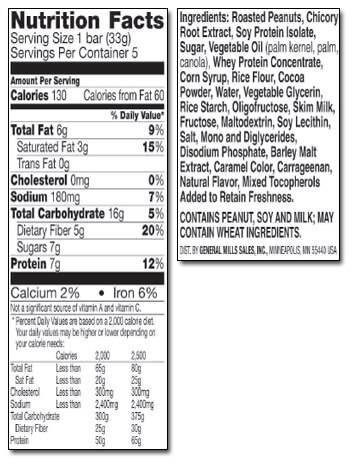


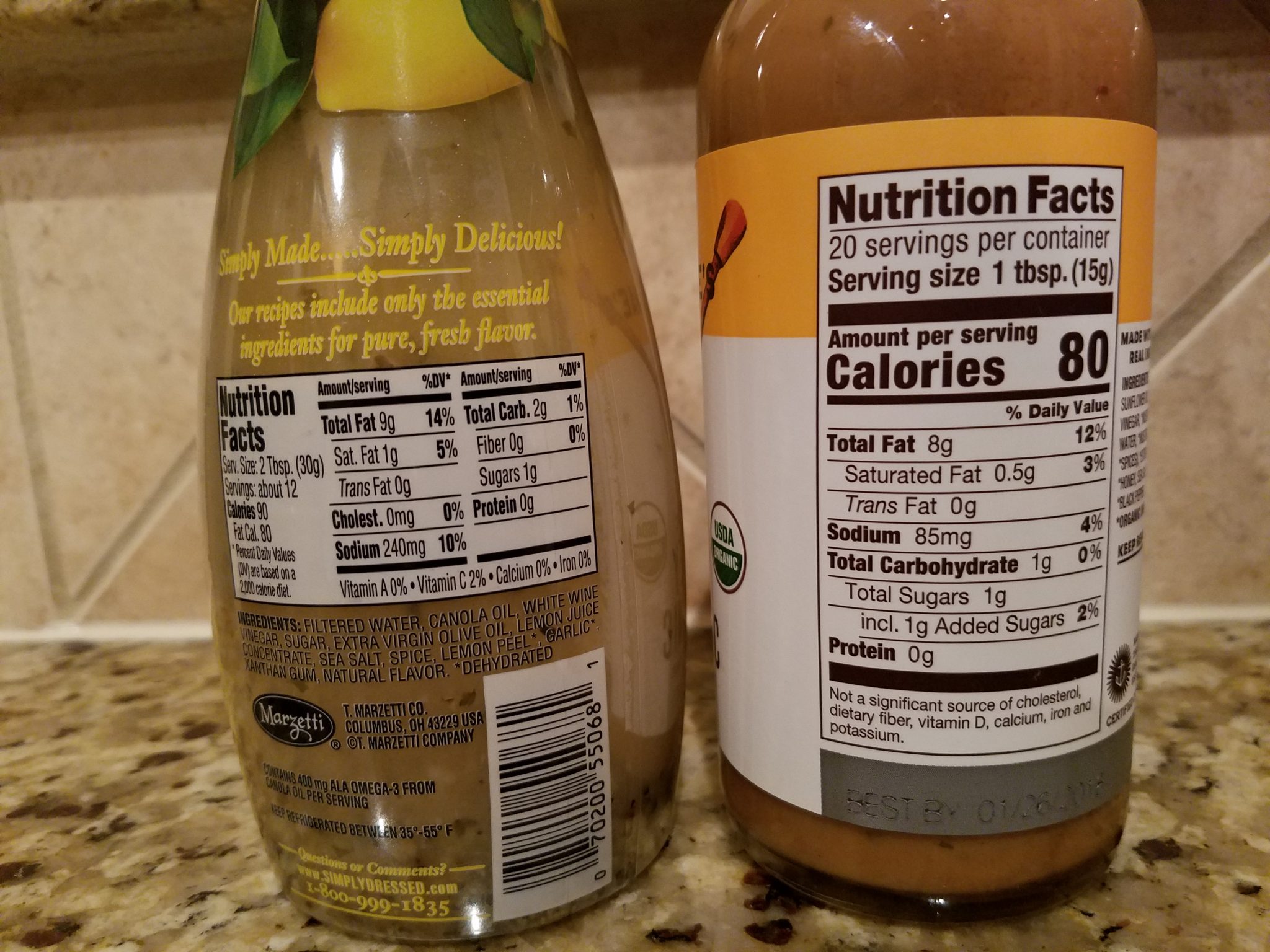

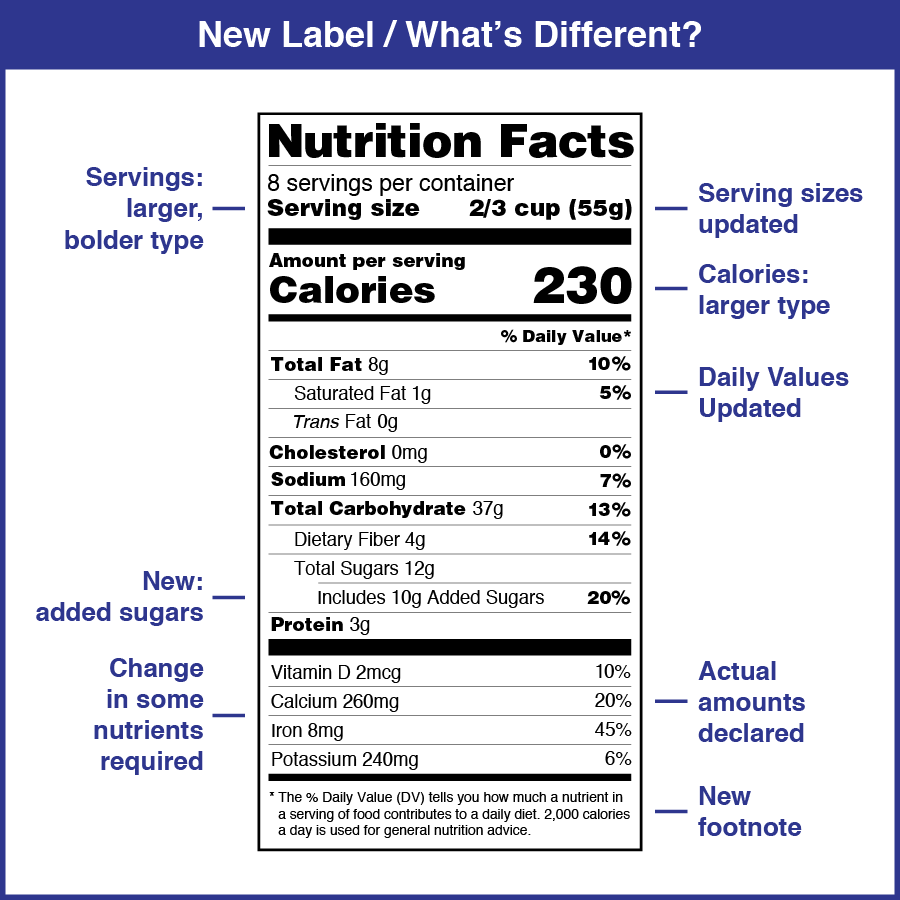


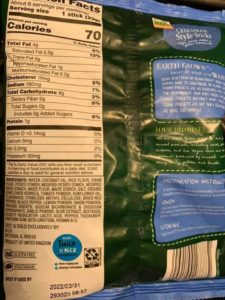


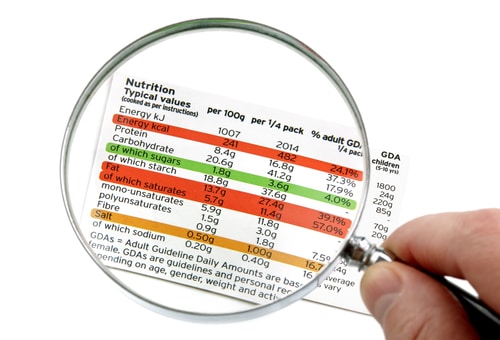

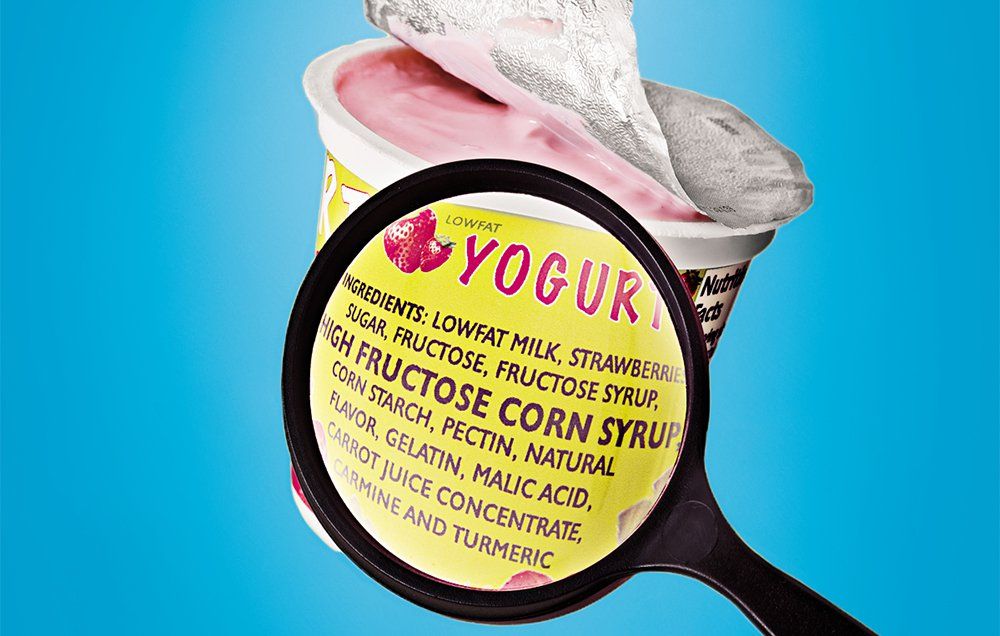






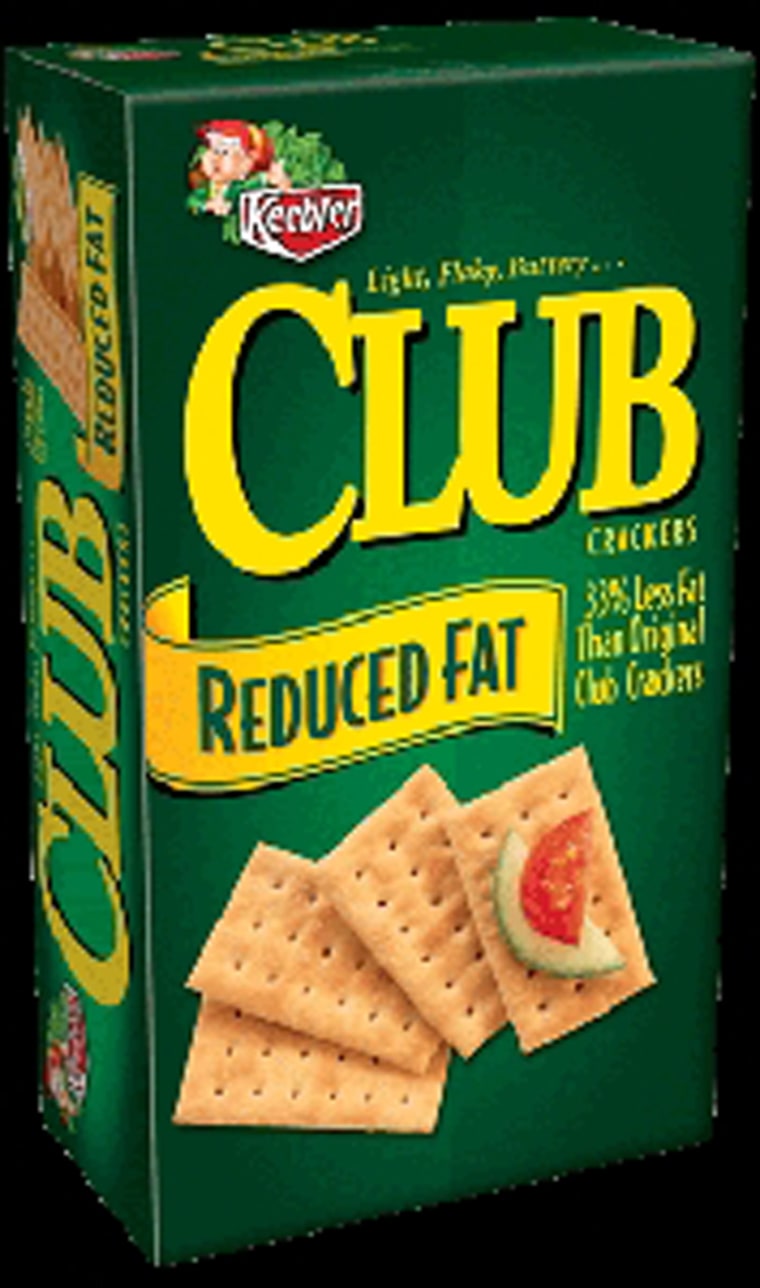
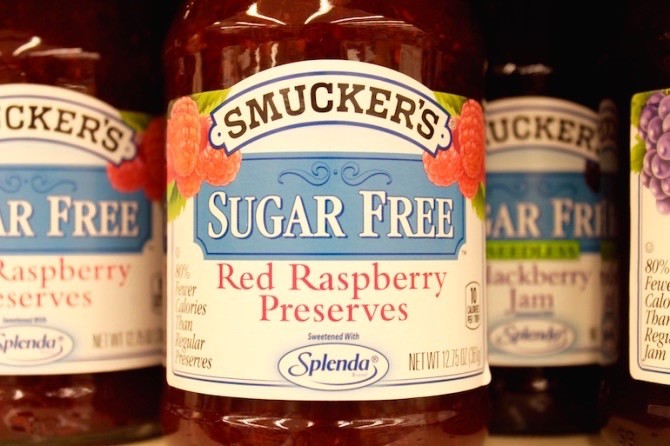

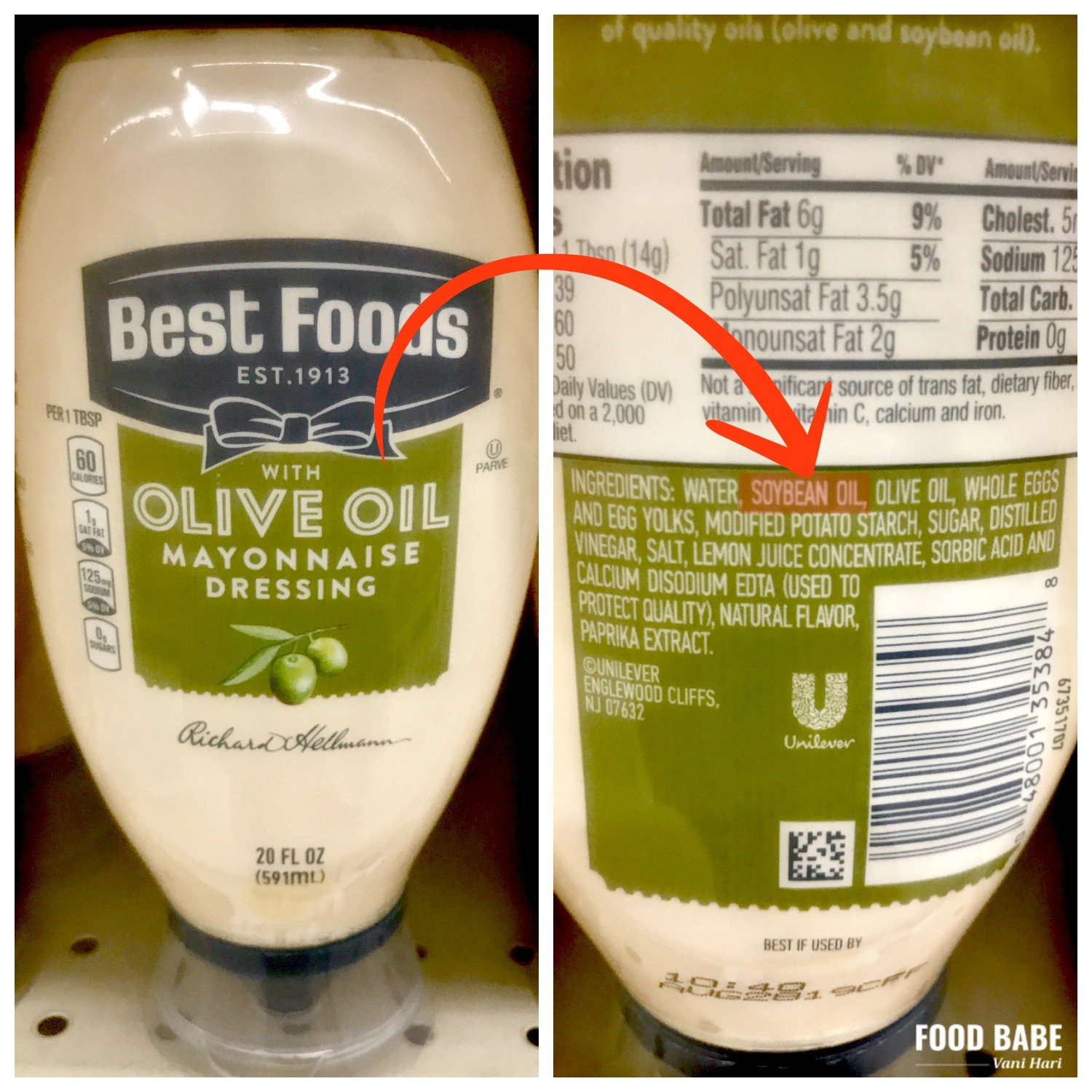
:max_bytes(150000):strip_icc()/juicy-juice-no-sugar-400x400-b1fb04c46e9e4c8392ce8881614c021a.jpg)
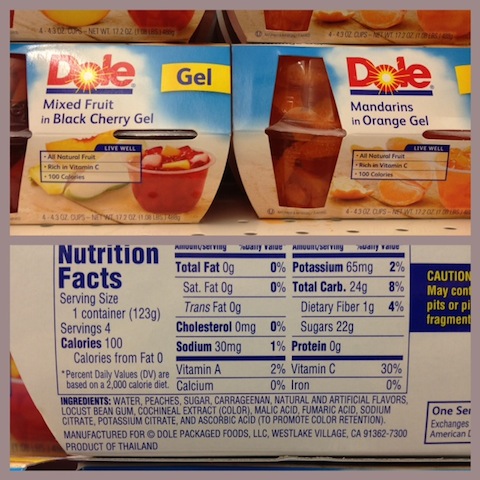


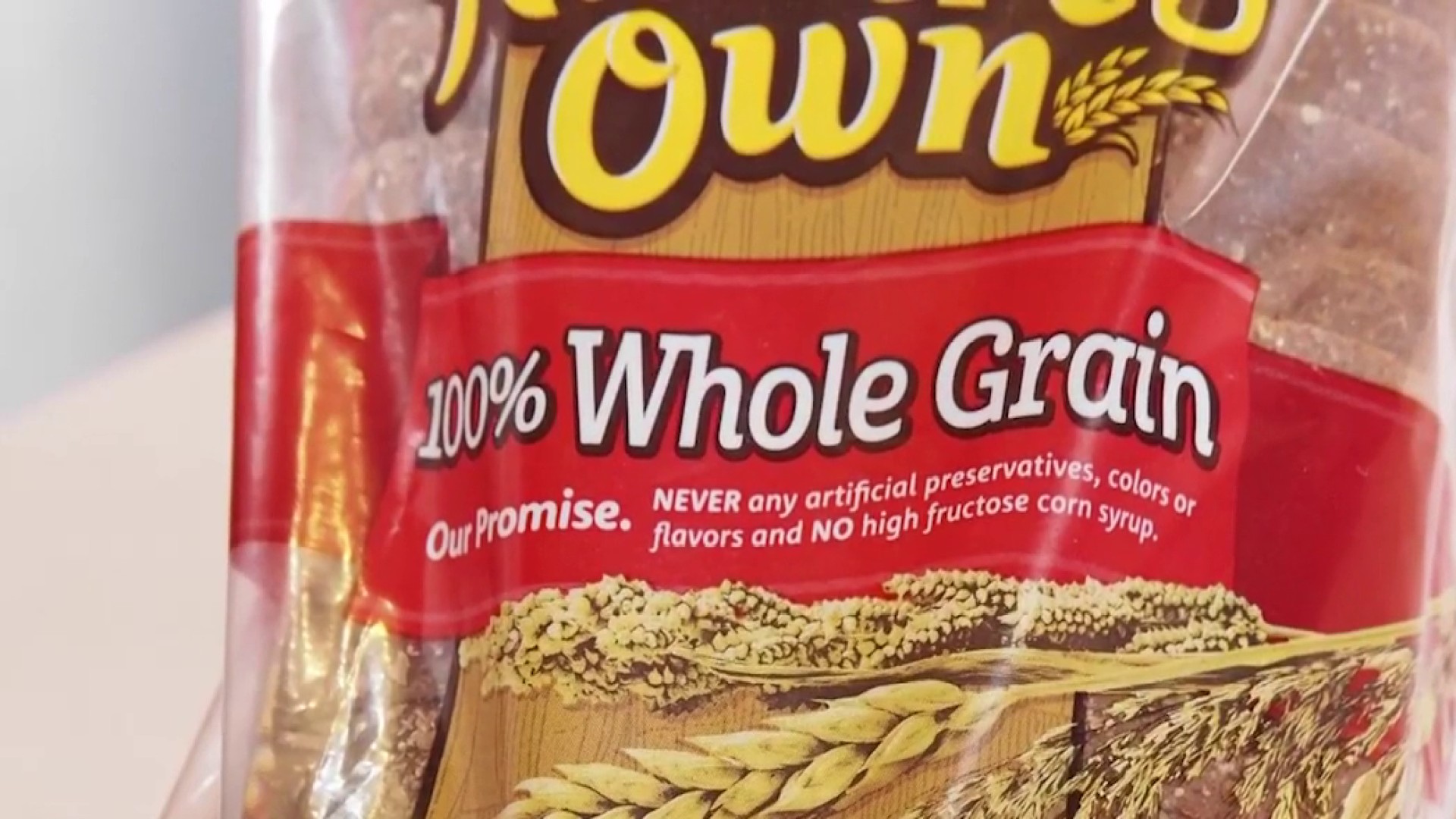
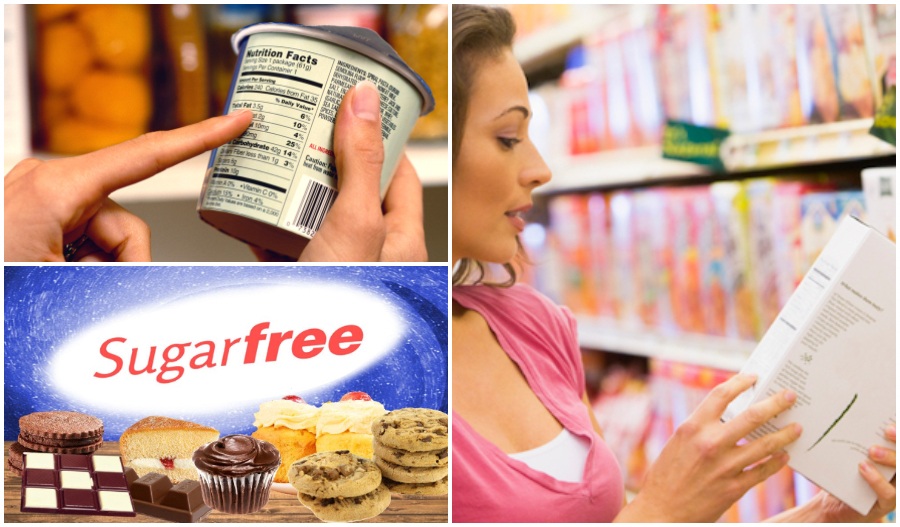

Post a Comment for "40 misleading information on food labels"